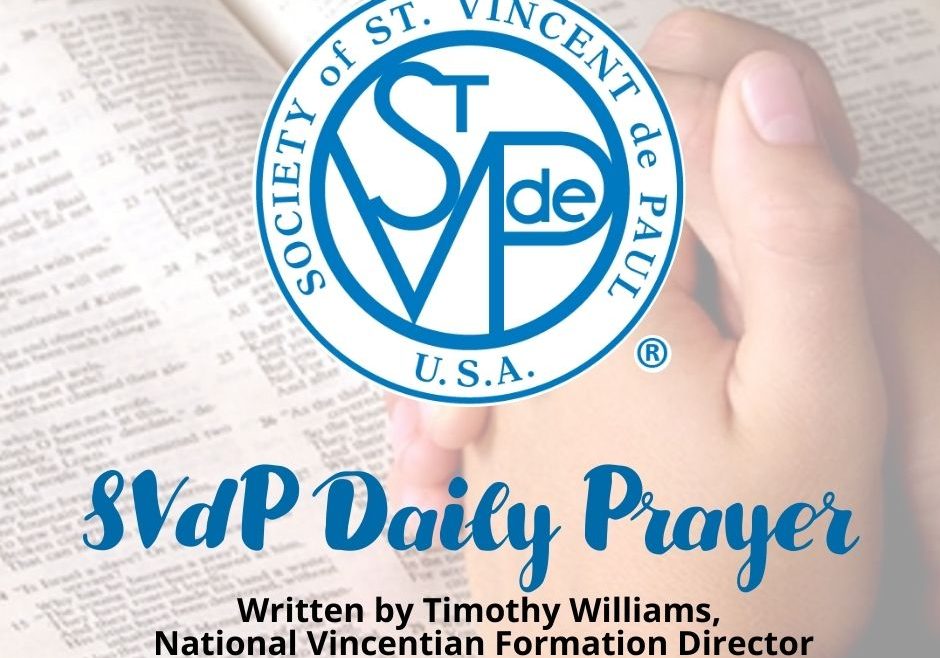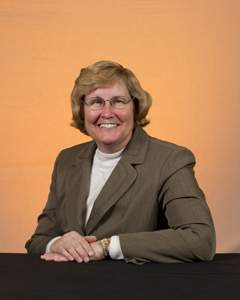We often use the word “discernment” simply as a synonym for decision-making, with an added sense of prayerful consideration. While this captures part of the meaning, discernment could also be considered the opposite of decision-making. When we discern, we seek not our best option between two choices, but true insight into God’s will in the situation. But how can we do that?
A friend of mine once asked a fellow Vincentian who was explaining the constraints of his Conference guidelines, “Is that how you will explain it to St. Peter?”
Discernment, he was suggesting, isn’t so much the actual decision, but the process by which we arrive at it. In this, he echoed St. Ignatius of Loyola, who argued in the Spiritual Exercises that to make the best choice, we should always “consider what procedure and norm of action I would wish to have followed in making the present choice if I were at the moment of death.”
In other words, while the decision itself is important, how we go about making it is even more important. Recall St. Vincent’s teaching that “God does not consider the outcome of the good work undertaken but the charity that accompanied it.” [CCD I:205] How, then, can I share the love of God (charity)? How can I do God’s will, not mine? In this way, all choices become a single choice; a choice by which we are called to live our whole lives.
Father Hugh O’Donnell’s definition of Vincentian Discernment cuts to the heart of it: “Discernment is a prayer-filled process through which each of us can discover the difference between what is my will and what is God’s Will.”
At the heart of it, discernment is meant to lead us to the discovery of God’s plan – for us, for our lives, and for our Vincentian organizations. To help us, we often follow the process that Fr. O’Donnell explained, which begins with what St. Vincent called “unrestricted readiness.”
In unrestricted readiness, we set aside our anxieties about whether we are right, how we will convince others, or even about how things will turn out. Instead, we enter into discernment with both our minds and our hearts wide open to accepting God’s will.
Simple decision-making is about closing off all choices but one. Discernment is about opening ourselves to the one true choice.
Contemplate
Do I sometimes let my own biases or pride blind me to God’s will for me and for my Conference?
Recommended Reading
Vincentian Discernment and Apostolic Reflection by Rev. Hugh O’Donnell, CM



